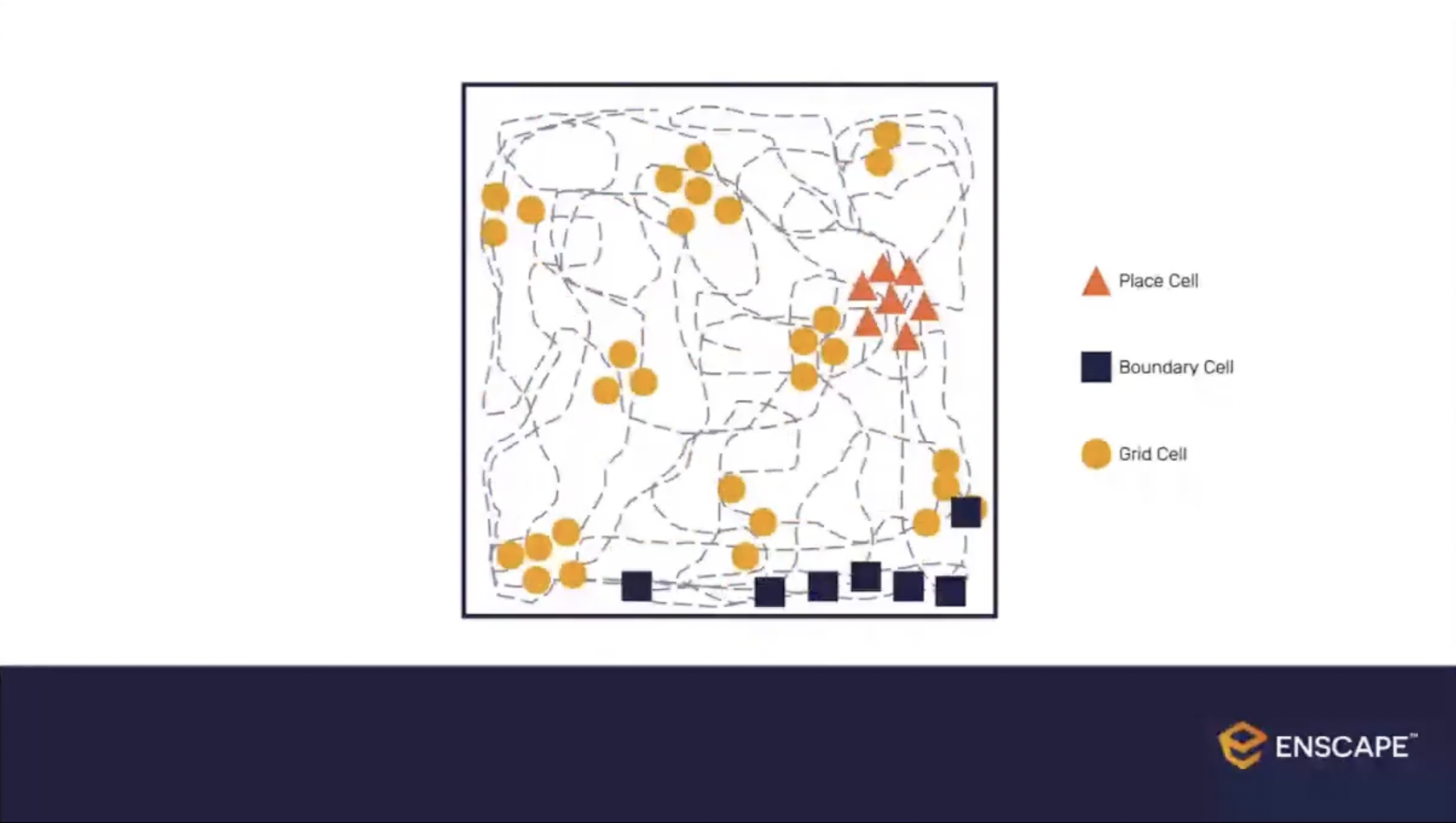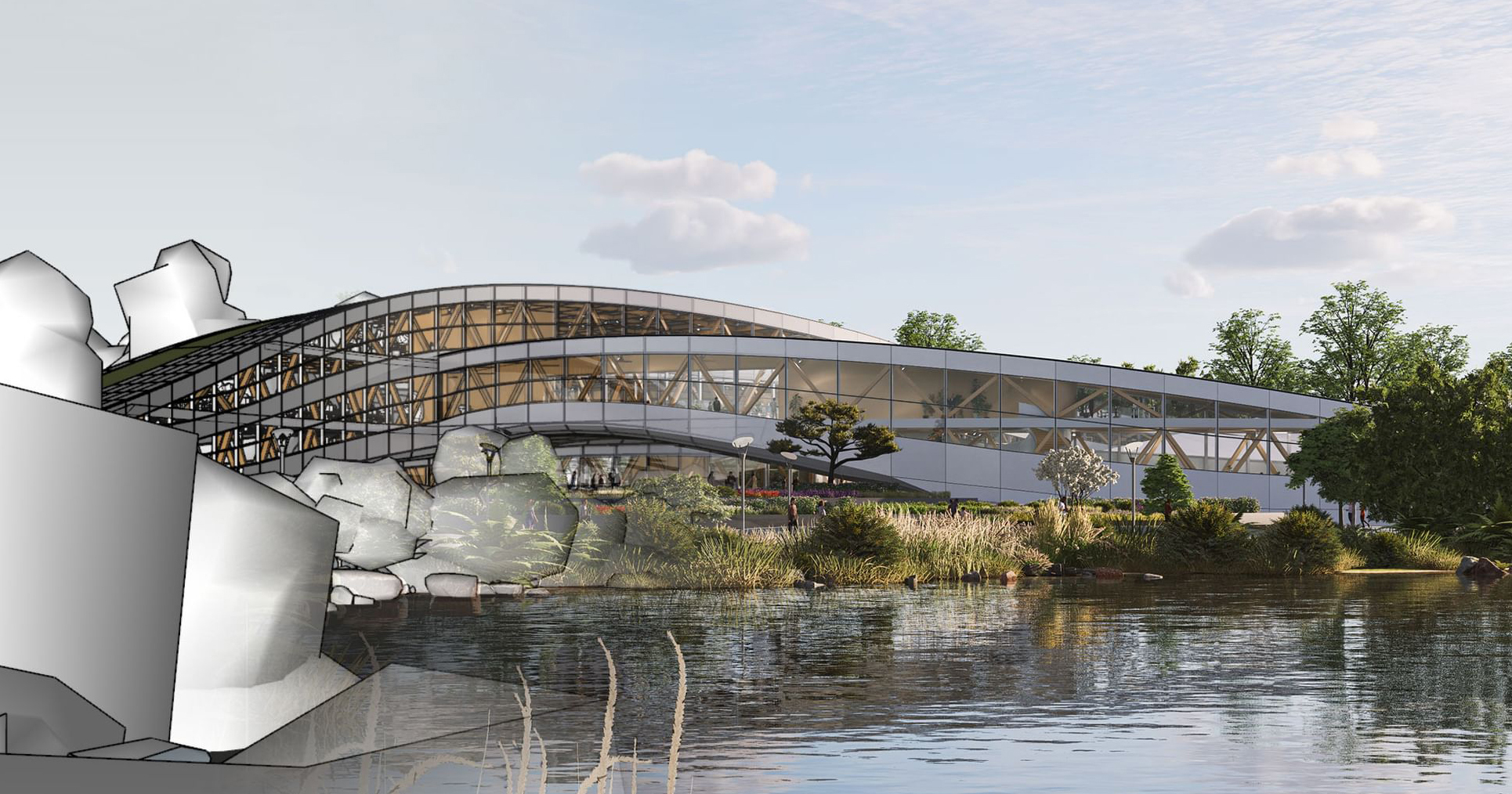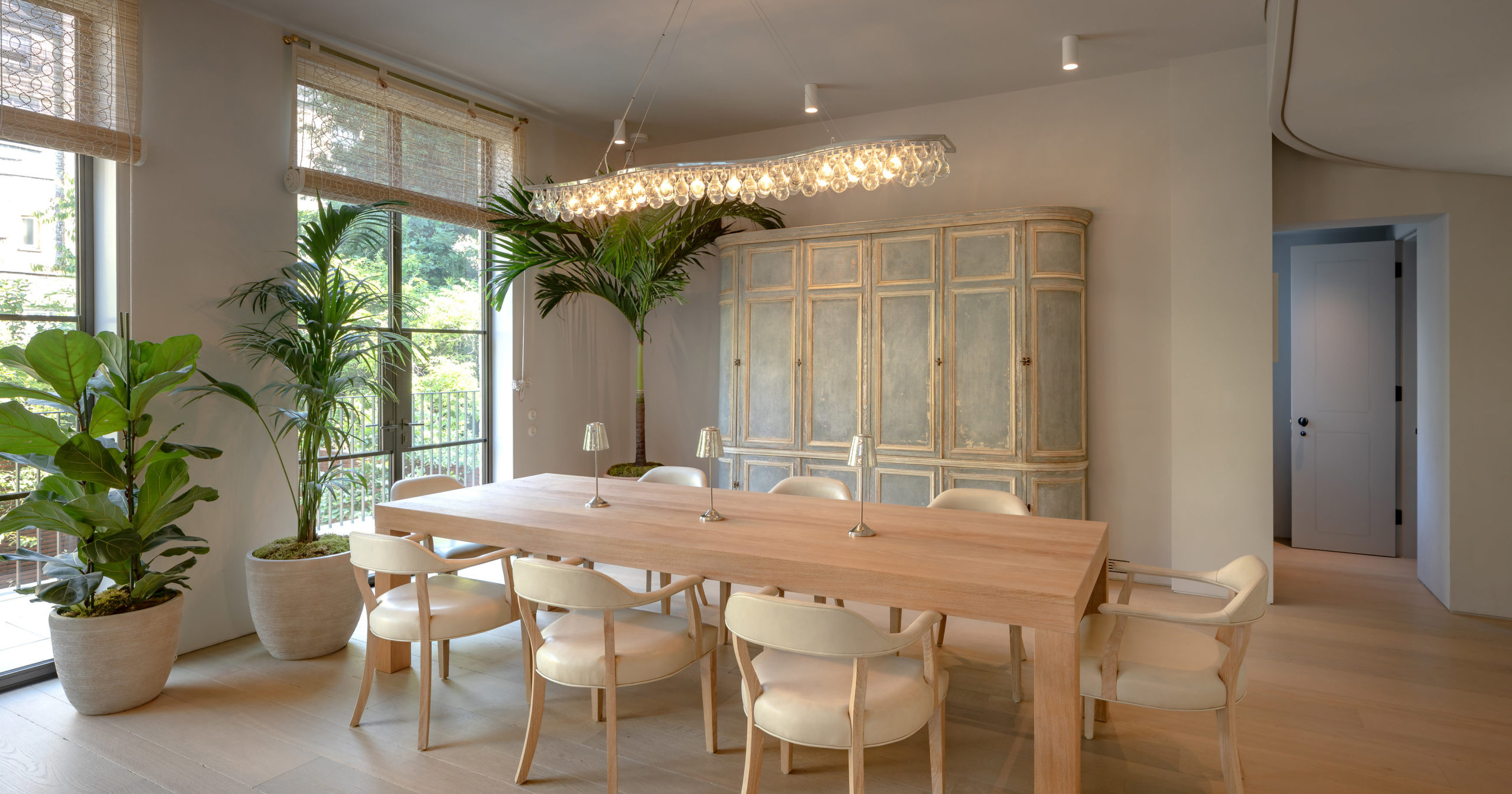Most architects are aware of the challenges of communicating crucial design details with others. This is perhaps the most frustrating when it comes to sharing aspects of a project with audiences outside of the profession; in particular, with various stakeholders — whether they be client groups or the public.
Enter Enscape: a real-time software visualization provider that integrates into all the major CAD platforms out there, allowing you to transform a BIM or Rhino model and convert it into a rendering. In March, Roderick Bates, Head of Integrated Practice at Enscape, presented an engaging webinar to the Architizer community. In it, he discusses the powerful potential of introducing real-time visualization to overcome the challenges of communicating with non-industry audiences, underlining the importance of creating a more inclusive design process.
A truly global audience attended the live event — architects from Tbilisi, Georgia to Fogo Island, Canada tuned in. To reach an even wider audience, the recorded session is available free on-demand! Click the button below to watch now (note that, if you have not done so already, you will need to register to access the recording):
While BIM and CAD software have given architects an unprecedented level of control and insight into the design and operation aspects of a building, these visuals exclude them from having a full understanding of what that design is. After all, BIM is for trained professionals and was not designed for the consumer of the end project. Like a musician who can look at sheet music and read it, or a sculptor who can look at clay and imagine what it will become, for an architect, a BIM or CAD model may be an information-rich representation that helps them to visualize as a final product. However, these same images are not the best suited for engaging a non-industry audience.
 Roderick’s enlightening talk draws on neurological and behavioral research that examines how neurons are firing when in the brain as eyes and the body are navigating a space. For example, one study reveals how three types of cells in the brain fire at different locations at different times as the body navigates a space:
Roderick’s enlightening talk draws on neurological and behavioral research that examines how neurons are firing when in the brain as eyes and the body are navigating a space. For example, one study reveals how three types of cells in the brain fire at different locations at different times as the body navigates a space:
- Place cells — those that register specific landmarks, which act as anchor points of reference.
- Boundary cells — Register extent of the environment, the parameters.
- Grid cells – Fire at regular intervals throughout, allowing the brain to create a mental map.
In conclusion, these findings underline how spatial exploration is incredibly important when creating a mental map. Roderick builds on these findings and others to discuss how architects and software developers can overcome the challenge of creating architectural visuals that allows everyone to understand building design in the same way.
One of many surprising conclusions that he draws is that increased visual complexity also increases peoples engagement with a particular design. Likewise, agency and emotion both play large roles in engaging viewers, ultimately contributing to the establishment of a shared understanding of a project.
Encape’s innovative workflow optimization allows you to integrate visualization into your workflow itself; its hallmarks are ease of use, high-quality output and real-time functionality — the missing link that bridges the gap between a BIM/CAD interface and a constructed project, helping both designers and their clients envision what a design will actually look like when built.
Looking for live captions? Click the 3 dots in the top right corner of your Chrome browser, then navigate to Settings > Advanced > Accessibility > Switch Live Captions to “On”.




